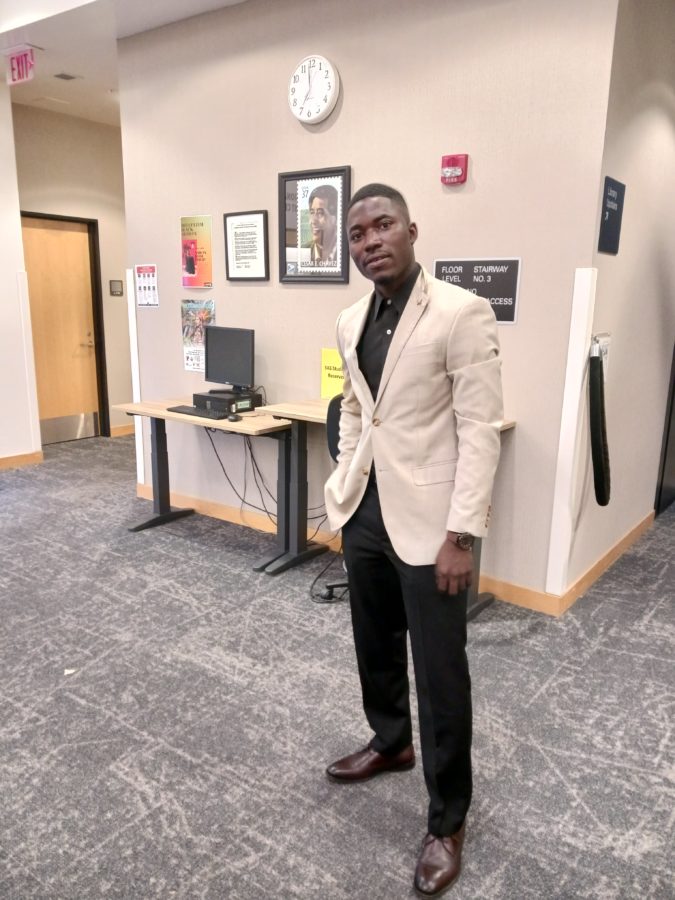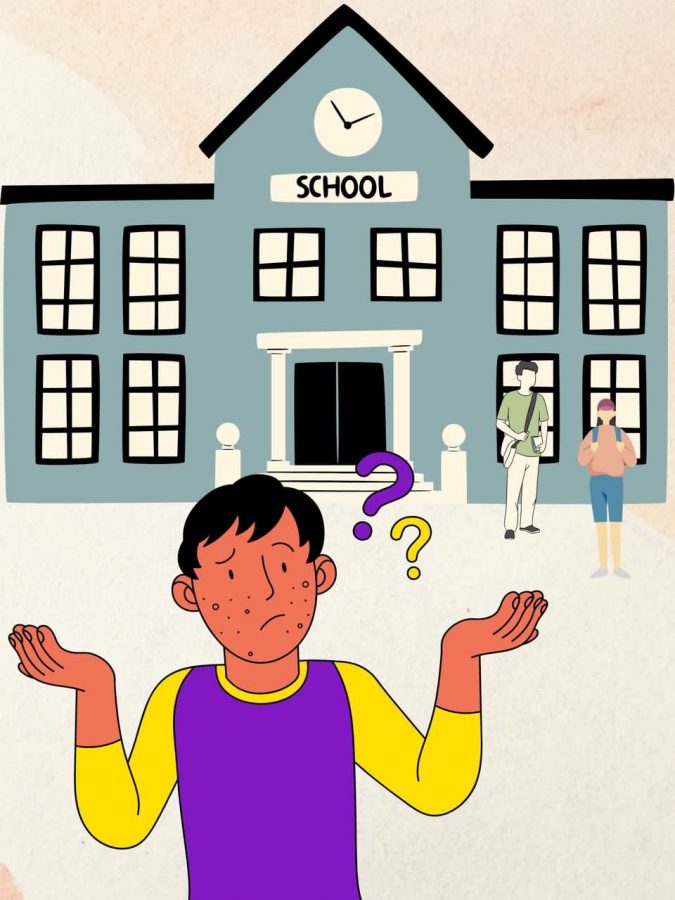The First Amendment was woven into the Constitution because it was believed that democracy and freedom of speech were synonymous.
There is no doubt that basic human rights of free speech, ideas, and press are integral, but the amendment must adapt to the new landscape of media.
America is at a crossroads when considering First Amendment rights, for the rapid societal changes created many gray areas for legal definitions.
How people define what is acceptable or not is usually forced to grow with the intricacies of culture.
Earlier this year Yelp was limited in expression of free speech when a Bay Area user of the site Ava Bird criticized the work of local attorney Dawn Hassell.
Bird’s Yelp review was deemed defamatory ad injurious to Hassell’s professional standing by the California Supreme Court.
In the case of Hassell v. Bird, Bird’s Yelp reviews were ordered by court to be removed by both Bird and Yelp, raising questions about the limitations of free speech online.
Society tends to throw blankets of “good” or “bad” over topics, but that practice leaves little room for acknowledgement of the growth that has taken place within society.
The changing landscape of society is displacing what was once already a groundbreaking revolution of public voice, and is now ready for another shift.
The issue is that First Amendment rights have not completely caught up with culture and society; therefore, legal guidelines are unclear in circumstances where the Founding Fathers didn’t necessarily foresee.
For example, on Thursday March 2, a California Supreme Court ruling made it mandatory for public employees to share texts and emails concerning business to the public.
According to an article by Maura Dolan in the Los Angeles Times, “the court provided only general guidance on where the line would be drawn, posing a challenge for cities and counties forced to balance employees’ privacy against the public’s right to know.”
There is no argument that protection of First Amendment rights is immensely important to maintain freedoms that many citizens of first-world countries take for granted.
The world exists in a much different way than when the Constitution was first created, and the way people communicate with each other and express their views is wide open to new possibilities.
Section 230 of the Communications Decency Act is an extremely important aspect of freedom of speech online, yet is relatively unknown to most citizens who probably use Internet on a regular basis.
This law is what protects that troll in the YouTube comments from being held liable for his or her distastefully worded opinions, but also protects both individual and company when someone leaves a negative Yelp review … until of course, it doesn’t.
According to the World Economic Forum, America is the most tolerant country with free speech.
The truth is, there is no longer a beginning or end to the First Amendment. America is living in the very middle of it, demanding its protection, but criticizing its application for personal gain.






